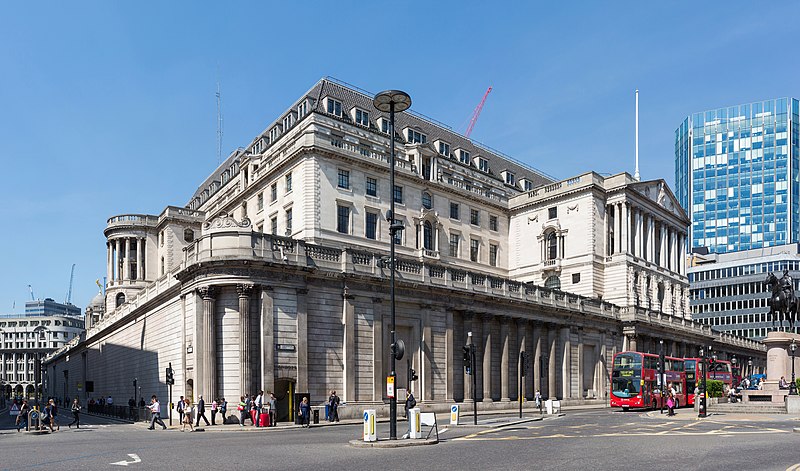In the realm of global finance, few institutions hold as much sway over economic stability and monetary policy as the Bank of England (BoE). As a central bank responsible for overseeing the United Kingdom’s monetary system, the BoE plays a crucial role in setting interest rates that influence borrowing costs, inflation rates, and overall economic growth. For businesses and individuals alike, understanding the BoE’s interest rate forecast is vital for making informed financial decisions.
Understanding the Role of the Bank of England
The Bank of England, established in 1694, is the UK’s central bank and operates independently of the government. Its primary objectives include maintaining price stability and supporting sustainable economic growth. One of the key tools it uses to achieve these goals is the setting of the base interest rate, known as the Bank Rate.
Importance of Interest Rates
Interest rates set by the BoE affect the cost of borrowing money for businesses and consumers. When the BoE raises interest rates, borrowing becomes more expensive, which can lead to lower consumer spending and reduced business investment. On the other hand, lower interest rates can stimulate economic activity by making borrowing cheaper and encouraging spending and investment.
Factors Influencing BoE Interest Rate Decisions
The BoE’s Monetary Policy Committee (MPC) meets regularly to assess economic conditions and determine whether changes to the interest rate are necessary. Several key factors influence their decisions:
- Inflation Rates: The BoE aims to keep inflation close to a target set by the government, currently around 2%. If inflation rises above this target, the BoE may raise interest rates to curb spending and reduce inflationary pressures.
- Economic Growth: Strong economic growth may prompt the BoE to raise interest rates to prevent overheating and inflation. Conversely, weak economic growth may lead to rate cuts to stimulate spending and investment.
- Global Economic Conditions: Events such as changes in global commodity prices, geopolitical tensions, and economic developments in major economies can also influence the BoE’s decisions.

Recent Trends and Forecasts
As of the latest assessments, the Bank of England has been navigating through a period of economic uncertainty following the impacts of Brexit and the COVID-19 pandemic. In response to these challenges, the BoE has maintained historically low interest rates to support economic recovery and manage inflationary risks.
Looking ahead, forecasts for the Bank of England’s interest rates indicate a cautious approach to monetary tightening. Economic indicators suggest gradual increases in interest rates over the coming months to manage inflation while supporting economic growth. However, these forecasts are contingent on evolving economic data and global developments.
FAQs About Bank of England Interest Rates
Q: How often does the Bank of England change interest rates?
A: The BoE’s MPC meets approximately every six weeks to review economic conditions and interest rate policies. Changes to the Bank Rate are announced following these meetings.
Q: How do BoE interest rate decisions affect mortgage rates?
A: Mortgage rates in the UK are influenced by the Bank Rate. When the BoE raises interest rates, mortgage rates tend to increase, making borrowing for home purchases more expensive.
Q: What should investors consider in light of BoE interest rate forecasts?
A: Investors should monitor BoE announcements and economic indicators closely. Changes in interest rates can impact stock markets, currency exchange rates, and overall investment returns.
Conclusion
The Bank of England’s interest rate forecasts are critical indicators for businesses, investors, and consumers alike. By understanding the factors influencing these forecasts and staying informed about BoE decisions, individuals can make better financial decisions and navigate economic uncertainties effectively. As the BoE continues to adapt to evolving economic conditions, staying updated on interest rate trends remains essential for anyone involved in the UK economy.
In summary, while the specifics of future interest rate movements remain uncertain, the Bank of England’s commitment to maintaining economic stability ensures that its decisions will be guided by careful consideration of inflation, economic growth, and global developments.




